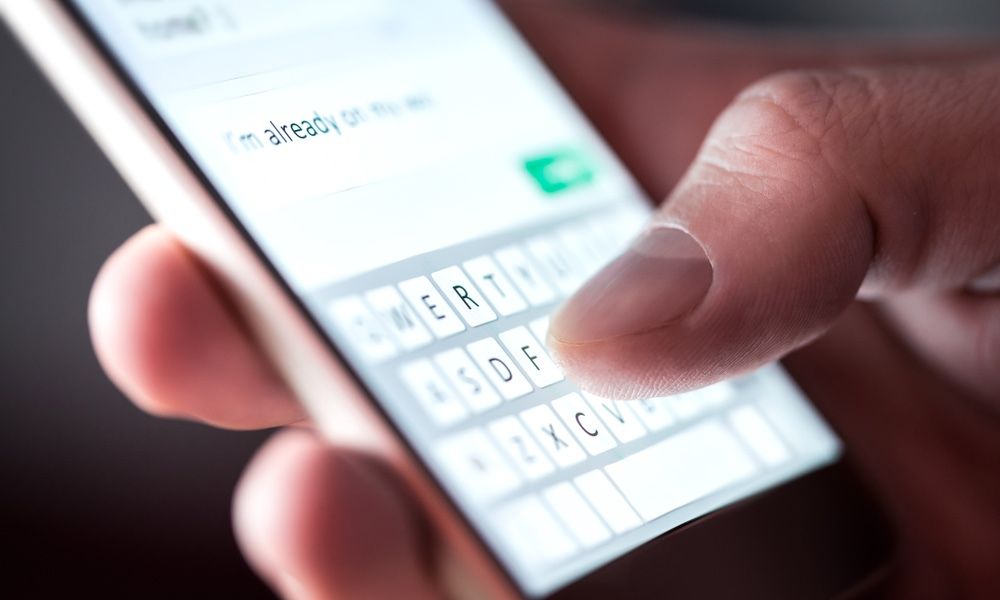Verizon, AT&T, Sprint and T-Mobile Partner to Replace Ancient Text Messaging
 Credit: TeroVesalainen / Shutterstock
Credit: TeroVesalainen / Shutterstock
Toggle Dark Mode
The U.S.’s big four carriers announced a new partnership to push a next-generation messaging standard that could eventually replace SMS text messaging.
AT&T, Verizon, T-Mobile and Sprint announced the “Cross-Carrier Messaging Initiative” (CCMI) in a joint press release on Friday.
That initiative focuses on the RCS messaging protocol — which could simultaneously replace SMS and put pressure on iMessage. Here’s what you should know.
Replacing SMS with RCS
In a nutshell, the RCS (Rich Communication Services) protocol will bring internet-based messaging features — like those seen on WhatsApp or iMessage — to standard text messages.
SMS is an objectively terrible messaging standard, especially when compared to the aforementioned internet standards.
If carriers actually do end up adopting RCS, it could mean better group chats, typing indicators and higher-quality images and videos, among other benefits. Basically, everything that iMessage does and SMS doesn’t. (RCS is not currently end-to-end encrypted like iMessage is, however.)
But RCS is also extremely complicated, both technically and politically. The bottlenecks associated with actually adopting the standard are likely why you may never have heard of it.
What the Carriers Announced Today
CCMI is, essentially, a coalition of the biggest carriers in the U.S. The joint venture’s main goal is to “create a single seamless, interoperable RCS experience across carriers, both in the U.S. and globally.”
While the CCMI has a long way to go, it did announce a new RCS-based Android app that will ship sometime next year.
The CCMI will also work with device manufacturers to ensure that the messaging standard is interoperable across various smartphones and systems. Though, at this point, Google, Samsung and other OEMs haven’t commented.
Lastly, the CCMI also positions RCS as a potential win for businesses, allowing customers to interact with brands and support staff much more easily than they would over SMS.
What This Means for Apple
It’s not clear what this means for Apple, particularly since it’s very early in RCS’s potential adoption.
But, of course, there have long been problems with SMS text messages, particularly on iPhones. You may be familiar with the whole green bubble / blue bubble debacle.
A universal RCS standard would essentially do away with the differences between Android and iMessage protocols. But that is, of course, dependent on whether or not Apple actually adopts it on its iPhones.
Apple, for its part, has offered no comment on the RCS standard. That’s likely because it already has iMessage, so its users may not benefit the same way Android users will.
But, like WhatsApp or other internet-based protocols, a universal RCS standard could go toe-to-toe with iMessage and put quite a bit of pressure on Apple. If iMessage loses its advantages, then Apple may have a stronger incentive to bring iMessage to Android, for example.
Bottom Line
The universal adoption of RCS is likely quite a while away. But today’s announcement does indicate that SMS’s days are numbered and a better messaging future may be on the horizon.






